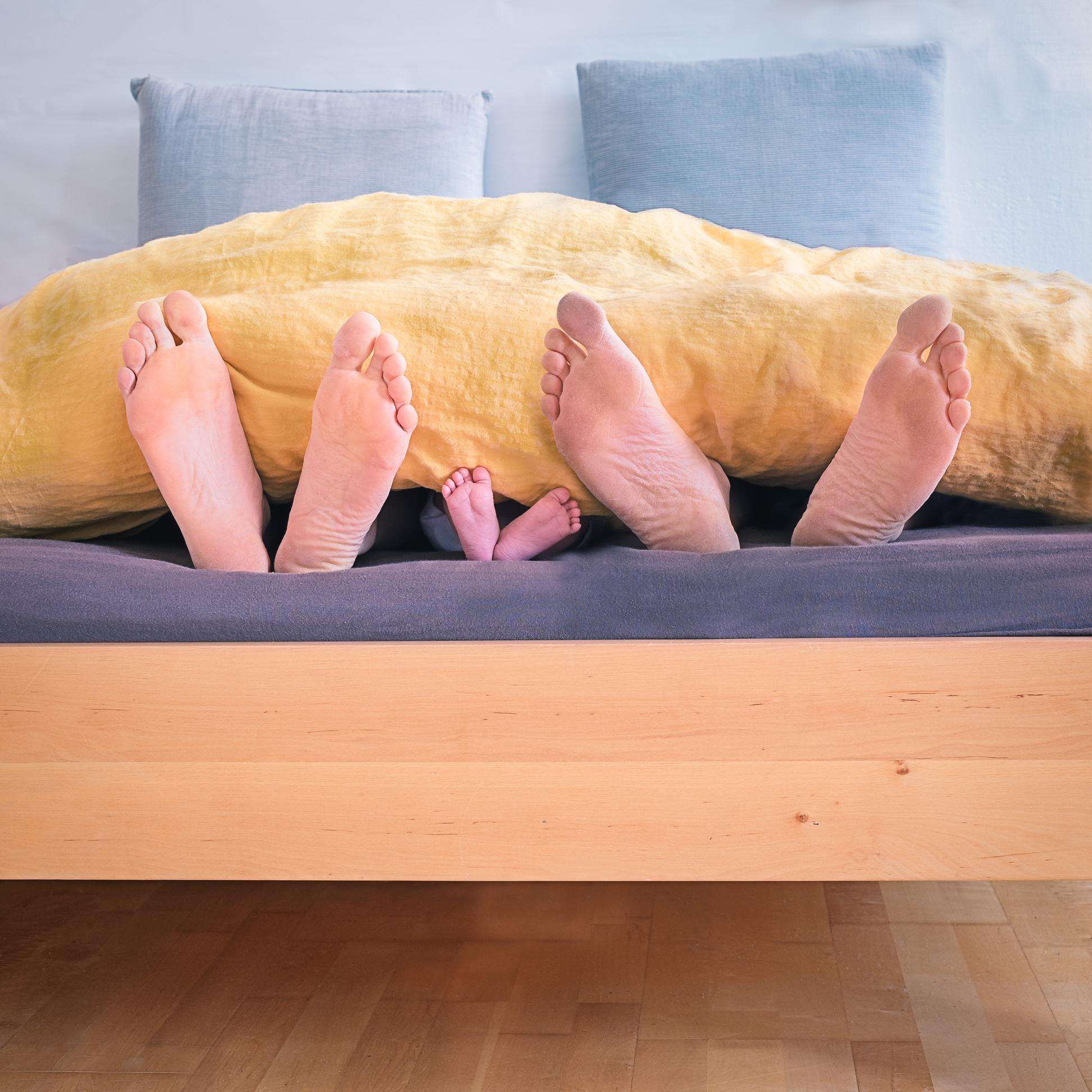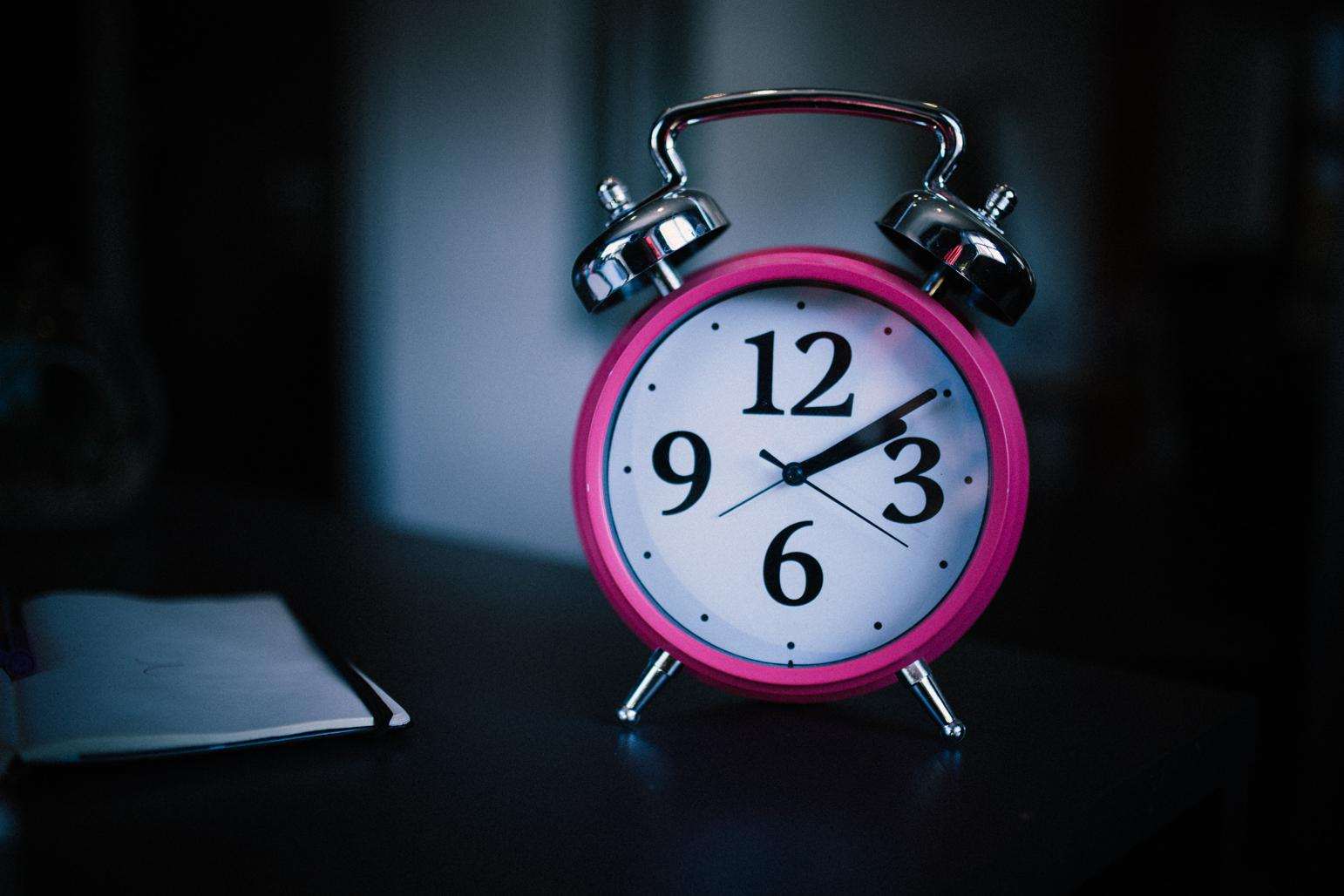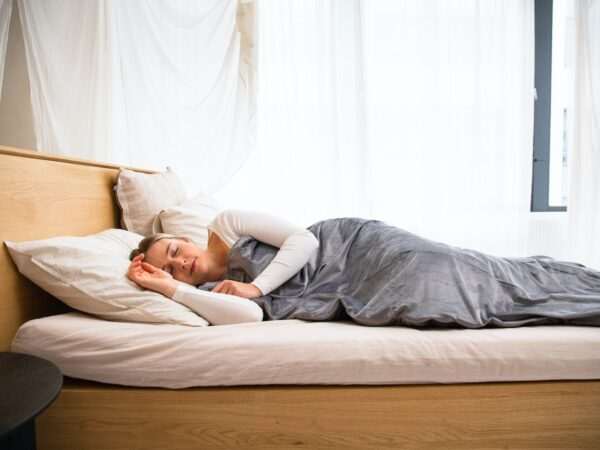Summary. Scientists recommend 7–9 hours of sleep for adults each night. Sleeping too little or too much can have negative effects on mental and physical health. A lack of sleep is linked to a variety of physical and mental health conditions, including depression, obesity, diabetes, heart disease, and stroke. Studies have also found that adults who don’t get enough sleep are more likely to have poor concentration and judgment, and increased levels of stress. Additionally, sleeping too much can lead to fatigue, disruptions in appetite, and memory issues. To ensure good mental and physical health, it is important to aim for 7–9 hours of sleep per night.
Sleep is essential for living a healthy and productive life. Proper sleep is essential for every adult to function well and remain in good health. How much sleep is recommended for adults per night? The answer to this question is eight hours of sleep per night for an adult in order to feel rested and energized. Do you frequently feel tired and irritable during the day even after getting a full night’s sleep? You might be suffering from poor quality of sleep or a lack of sleep.
It does not matter how much sleep you get, if you are not quality sleep, then the full benefits of sleep will not be achieved. Do you have trouble nodding off or staying asleep? It can be quite challenging to stay asleep through the entire night, especially if the amount of sleep is inadequate or of poor quality.
However, there are some things you can do to ensure optimal sleep, such as maintaining a regular bed and wake-up time, avoiding large meals and exercise close to bedtime, avoiding stimulants such as caffeine before bedtime, and creating a comfortable sleep environment. What are some of the benefits of getting eight hours of sleep each night?
How Much Sleep Should Adults Get Per Night?

Adults need between 7 and 9 hours of sleep each night, depending on their individual needs. Sleep is an important factor in our overall health and well-being, and it helps us to recharge our batteries and wake up feeling refreshed. Research has found that adults who get solid, uninterrupted sleep are less likely to experience moodiness, fatigue, and even serious medical conditions like heart disease. We know that life can often get in the way of our getting the right amount of rest.
But that can take a toll on our mental and even physical health. It can be hard to make our sleep a priority in the face of so many competing demands on our time. It’s not always as simple as going to bed earlier—although that can help. It’s also important to create a routine that helps to promote improved sleep quality.
Caffeine and other stimulants can have a huge impact on our ability to fall asleep and stay asleep, so it’s important to remember that what we ingest during the day can have a major effect on our sleep patterns. Diet, exercise, stress, and environment can all impact how well we sleep at night.
The good news is that getting enough quality sleep per night is doable, and it has a big payoff. When we give ourselves the rest we need, our bodies and minds reward us with more energy during the day, better moods, improved focus, and even a decreased risk of illness. So make sure you’re doing what you need to do so you can get the sleep you deserve.
The Health Benefits of Adequate Sleep

We all know about the dangers of not getting enough sleep, but many of us still don’t prioritize it. The recommended amount of sleep for adults aged 18-64 is 7-9 hours every night. Sleeping less than 6 hours or more than 10 hours per night can cause serious physical and mental health issues. The good news is that getting the amount of sleep we need offers a wide range of physical and mental health benefits.
It also helps us to stay focused, remember information, and make decisions more easily. Physically, getting enough sleep helps us maintain a healthy weight, strengthens our immune system, and reduces our risk of developing cardiovascular conditions. Adequate sleep can also greatly improve our moods, reducing feelings of irritability and depression. This happens because, when we sleep, our bodies releases chemicals that help us feel better. Getting enough sleep is also important for helping us process our thoughts and memories, allowing us to better deal with emotions and complex situations.
Most adults need between 7-9 hours of sleep per night, but some may need slightly more or less depending on the individual. If you have troubles getting enough sleep regularly, it’s a good idea to create a routine and stick to it. This means going to bed and waking up the same time each day, avoiding caffeine and nicotine close to bedtime, and keeping your bedroom free of any distractions like screens and noise.
If you absolutely can’t seem to get a good night’s sleep, it’s important to see a doctor to discuss any underlying medical needs or other issues that may be contributing to your insomnia. Although it may seem like a low priority, getting the necessary amount of sleep each night is essential to staying healthy and feeling your best. By establishing helpful sleep habits and ensuring you get enough sleep regularly, you can reap the numerous health benefits that come with a good night’s sleep.
Signs & Symptoms of Sleep Deprivation

How Much Sleep Is Recommended For Adults Per Night?Sleep is essential for a healthy life and adequate sleep is important for optimal functioning. While the amount of sleep recommended varies slightly from person to person, most health experts recommend that adults should get seven to nine hours of sleep each night. Not getting enough sleep can cause a variety of physical, emotional, and mental health problems. Sleep deprivation can result in poor performance, increased stress, and decreased creativity. To help ensure you’re getting enough sleep, it’s important to understand the signs and symptoms of sleep deprivation.
People who are chronically sleep deprived often feel tired during the day and have difficulty staying alert. People who are tired from lack of sleep often struggle to pay attention and can find it hard to concentrate. They may also experience headaches, irritability, difficulty focusing, and slowed reaction time. In addition to feeling sleepy during the day, people who are sleep deprived often experience difficulty falling asleep or staying asleep. People with sleep deprivation may have difficulty getting comfortable in bed, or wake up during the night after a few hours of sleep. They may also have difficulty waking up in the morning and staying awake throughout the day.
Sleep deprivation can have a significant impact on both physical and mental health. People with chronic sleep deprivation are at higher risk for depression, anxiety. Poor sleeping habits have also been linked to physical health issues like high blood pressure, diabetes, heart problems, and obesity. If you’re experiencing multiple signs and symptoms of sleep deprivation, you should speak to your doctor to find out if there’s an underlying medical condition or other lifestyle factor that might be causing the issue.
Taking steps to get an adequate amount of sleep each night is important for both your physical and mental health. Paying attention to your lifestyle habits and sleep patterns can help you understand why you might be sleep deprived, and give you the tools to make changes. If you’re still feeling tired after changing your habits, schedule an appointment with your doctor to discuss any underlying medical conditions that might be causing the issue.
Factors That Affect Sleep Quality

Sleep is essential for a healthy lifestyle and is essential for overall health. To achieve optimal health, adults need to get at least 7-9 hours of sleep per night. Factors such as stress, unhealthy lifestyle choices, environmental noise, medical conditions, irregular sleep schedule, and inadequate sleep environment can affect the quality of sleep.
Stress is one of the major factors that affects sleep quality. Stress can cause a person to become anxious and tense, which can lead to difficulty in falling asleep and staying asleep. Studies have shown that long-term exposure to stress can lead to physical and mental health problems such as depression, anxiety, and fatigue.
Smoking causes depression, nicotine dependence, and high levels of stress hormones, which can interfere with deep sleep. Alcohol also affects sleep quality, as it can interfere with the natural sleep cycle and lead to insomnia, daytime drowsiness, and frequent awakenings. Environmental noise pollution can also interfere with sleep. Loud noises from airplanes, traffic, construction, or neighbors can disturb a person’s sleep and cause day-time fatigue. Medical conditions such as diabetes, heart disease, sleep apnea, and chronic pain can also interfere with sleep. People suffering from chronic pain can have trouble falling asleep or staying asleep due to discomfort.
Following a consistent schedule, and going to bed and waking up at the same times each day can help to regulate the body’s natural circadian rhythm and improve sleep quality. Finally, an inadequate sleep environment can cause sleep problems. It is important to create an environment that is conducive for sleeping, such as keeping the bedroom dark, avoiding distractions, and maintaining a comfortable temperature.
Common Pitfalls That May Interfere with Quality Sleep

Most of us are familiar with the phrase “a good night’s sleep”, but what does this really mean? And how much sleep is recommended for adults per night? Quality sleep is vital to sustaining a healthy lifestyle but unfortunately, many of us fail to get the right amount of sleep.
Working late or late-night screens (including TVs, laptops, tablets, and smartphones) can all contribute to an inadequate night’s sleep. In order to get the recommended amount of quality sleep, adults should try to get between seven to nine hours of sleep each night. Too little sleep (under seven hours) can have a negative impact on a person’s physical health and cognitive functioning, while too much sleep (more than nine hours) can lead to daytime drowsiness, poor concentration, and mood disorders.
Steps to Take to Create a Restful Environment

Our tips will help you make something out of the chaos and achieve that much needed tranquility. First and foremost, make sure to get enough sleep each night. On average, adults should aim for seven to nine hours of sleep per night. A good night’s sleep will give your body and mind the chance to rest and recharge, enabling you to make the most of your day.
If possible, try to incorporate sound and smell into your living space. Soft and calming music can be a great tool for relaxation and decluttering your mind. A good essential oil or scented candle can also help to evoke pleasant memories and feelings of serenity. Creating a restful environment means making it a place where you can switch off from the world. Clear away any clutter and find ways to make your space as tidy and organized as possible.
Try to create an atmosphere where you can be mindful and enjoy the present moment, either by meditating, journalling or doing something that helps you to relax. Finally, it’s important to establish boundaries and set limits for yourself and others who you share your space with.
Everyone should have their own space and a place to retreat and recharge. Respecting each other’s boundaries allows people to relax and feel secure. By following these simple steps, you can create a restful environment that allows you to switch off from the world and lead a happier and healthier life.
Tips & Strategies to Improve Quality of Sleep

Getting enough sleep is essential for your overall physical and mental health, yet many adults find it difficult getting the recommended seven to nine hours per night. Quality sleep is not just about quantity, but also about achieving a good sleep routine. Here are some practical tips and strategies that can improve the quality of sleep you’re getting: First and foremost, establish a calming routine that signals your body that it’s time to enter into sleep mode. This can include taking a warm bath or shower, reading a book, drinking herbal tea, or doing some gentle stretches or yoga. Make sure that you have the right environment for sleep. Keep your bedroom cool and dark with minimal distractions.
Limit your exposure to light-emitting screens before bed. The glow from screens like phones and televisions can have a stimulating effect and make it difficult to drift off to sleep. Try to go to bed around the same time each night and get up at the same time each morning. Even on the weekends, try to stick to a sleep schedule as closely as possible. Eat healthy foods throughout the day and keep your house stocked with snacks that can help you fall asleep faster.
Drinking alcohol may temporarily help you fall asleep, but it ultimately disrupts your sleep quality by reducing the amount of time spent in deep and REM sleep. Avoiding alcohol before bed can improve sleep quality. Finally, exercise regularly to boost your energy levels during the day and help you sleep better at night.
However, avoid exercising close to bedtime as it can have the opposite effect. By including some of these strategies into your daily life, you could greatly enhance the amount of sleep quality that you are getting each night. While the amount of sleep recommended for adults per night may vary from person to person, following these tips can help ensure that the amount of sleep you get is of the highest quality.
Positive and Negative Health Consequences of Sleep Deprivation

Sleep is an essential element of the human life cycle that plays an important role in our physical and mental health. Unfortunately, many of us find it difficult to get enough sleep, leading to sleep deprivation. Although a certain amount of sleep deprivation can be beneficial, such as providing more time for work or study, too much sleep deprivation can lead to negative health consequences. So, how much sleep is recommended for adults per night? A full night’s sleep is traditionally recommended for adults, with seven to nine hours being typically recommended for adults between the ages of 18-6
Unfortunately, this can lead to a cycle of sleep deprivation, in which the body never gets the full night’s rest it craves. Sleep deprivation can have a variety of negative health consequences, including higher risk of obesity, heart disease, depression and anxiety. Additionally, those who are chronically sleep deprived can experience difficulty concentrating, trouble with memory and an increased risk of accidents. Furthermore, lack of sleep can contribute to increased stress levels and weakened immune systems, further diminishing a person’s mental and physical wellbeing. Lack of sleep isn’t just an issue for adults, however.
The recommended amount of sleep for children is slightly more than for adults, at least nine to 12 hours depending on the age range, with infants needing the most. With so many health consequences tied to poor sleep, it’s important to get the recommended seven to nine hours of sleep each night.
To help you accomplish this, try establishing a regular bedtime routine that can help you wind down and get the full night’s sleep you need. Additionally, establishing other healthy lifestyle practices such as regular exercise, avoiding caffeine late in the day and avoiding alcohol near bedtime can help improve your nightly sleep habits.
Our Final Thoughts
How much sleep is recommended for adults per night? Most adults need between 7 to 9 hours of sleep per night to function optimally. To achieve this, they should aim to go to bed at the same time every night and wake up at the same time every morning. However, individual needs may vary depending on age, lifestyle, and any underlying health conditions. During sleep, our bodies and minds are active and essential restorative processes take place. These processes enable us to maintain a healthy lifestyle, both mentally and physically.
Good sleep enhances quality of life and helps reduce the risk of physical and mental health problems. To achieve the recommended amount of sleep, create a nighttime routine that helps to relax your mind before bed. Avoid drinking caffeine and alcohol several hours before going to bed as this can interfere with your ability to fall asleep and stay asleep soundly. Regular exercise can also help to promote healthy sleep patterns. Finally, making sure you have a comfortable sleep environment is essential.
Ensure the temperature in your room is comfortable and the mattress and pillows supportive. All of these elements are important for getting a good night’s sleep. In conclusion, it’s important to form a consistent bedtime routine and to create an optimal sleep environment to achieve the recommended 7-9 hours of sleep per night. With adequate rest, adults can experience numerous benefits including improved alertness, memory, concentration, and improved physical performance. Have you been getting enough sleep? How can you optimize your sleep environment for a better night’s rest?
Answers To The Most Common Questions
How many hours of sleep is best?
It’s best to try and get an adequate amount of sleep each night so you can be alert and productive during the day.
Why is 6 hours of sleep better?
Studies suggest that sleep is important for memory, concentration, creativity, learning, and overall cognitive performance. Additionally, getting adequate rest has been shown to improve moods, increase immunity to illnesses, and reduce stress.
How many hours you should sleep by age?
Generally, infants 0-3 months need 14-17 hours of sleep, infants 4-11 months need 12-15 hours, toddlers 1-2 years need 11-14 hours, children 3-5 years need 10-13 hours, children 6-13 years need 9-11 hours, and teenagers 14-17 years need 8-10 hours. Adults 18+ generally need 7-9 hours of sleep.
How many hours of sleep is the healthiest?
Most adults need between 7 and 9 hours of sleep per night for optimal health.
Used Reference Links:
https://www.gq-magazine.co.uk/lifestyle/article/how-many-hours-sleep-does-an-adult-need
https://www.sleephealthfoundation.org.au/pdfs/HowMuchSleep-0716.pdf
https://health.gov/myhealthfinder/healthy-living/mental-health-and-relationships/get-enough-sleep















